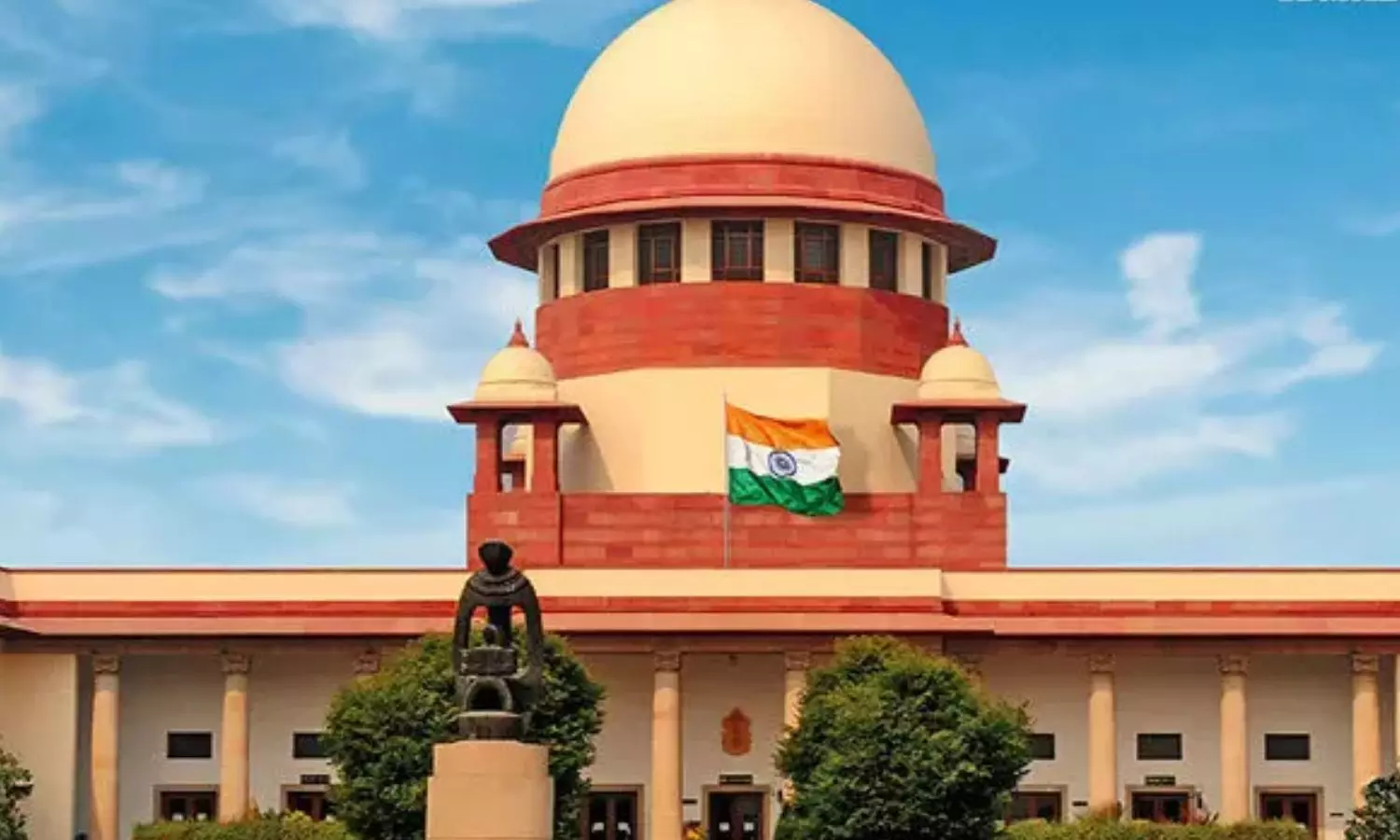News
'Can't run it like a mafia from overseas': Supreme Court on corruption in sporting bodies
The Court expressed strong disapproval of how political and bureaucratic influences have overshadowed the true essence of sports administration.

The Supreme Court of India has taken a firm stance against corruption and mismanagement in sports administration, calling out the unchecked influence of former judges, bureaucrats, and political figures in governing sports bodies.
The remarks by Justices Surya Kant and N. Kotiswar Singh underline the urgent need for democratic and athlete-centric reforms in Indian sports governance.
Court’s disapproval of Political influence
The Court expressed strong disapproval of how political and bureaucratic influences have overshadowed the true essence of sports administration.
Justice Surya Kant emphasized the necessity of restoring democratic values, ensuring that governance is transparent and prioritizes athletes' welfare rather than political interests.
A key concern raised by the Court was the lack of sports professionals in administrative roles.
The Justices noted that individuals with direct experience in sports should be at the helm of sports bodies, as they are better equipped to address athletes’ needs and the challenges of the sporting ecosystem.
The Court warned against treating sports federations as political or bureaucratic platforms rather than as institutions dedicated to the development of sports and athletes.
Remarks on Governance and Corruption
Justice Kant did not mince words while addressing the mismanagement and corruption in sports bodies.
Taking a dig at powerful individuals running federations from abroad, he remarked, “People who think they can sit somewhere in Kuala Lumpur or Dubai and operate like a mafia are sadly mistaken.”
The Court’s comments signal a strong intent to curb the unchecked influence of individuals exploiting their positions for political or financial gains.
The Supreme Court also called for constitutional reforms in the AKFI to align with India’s National Sports Code of 2011, which mandates democratic elections and transparency in the functioning of sports federations.
This move could have long-term consequences for sports governance in the country, potentially leading to a more structured and accountable system.
Legal and diplomatic interventions
In an effort to resolve the crisis, the Court directed Solicitor-General Tushar Mehta to explore diplomatic channels for securing recognition of Indian sports associations, particularly the AKFI, at the international level.
Additionally, the Court sought the involvement of the Central Bureau of Investigation (CBI) to examine possible corruption and mismanagement within sports bodies, hinting at the possibility of global scrutiny through agencies like Interpol.
Impact on Indian Sports
The Supreme Court’s intervention in this matter reflects a broader push for systemic reforms in Indian sports governance.
By advocating for democratic principles and transparency, the Court is reinforcing the idea that sports administration should serve the interests of athletes rather than political agendas.
This case also sheds light on the complexities of international sports governance, where national and international federations often clash, sometimes to the detriment of athletes.
The Court’s call for an overhaul of AKFI’s constitution and its emphasis on tackling corruption could set a precedent for other sports federations in India and beyond.
